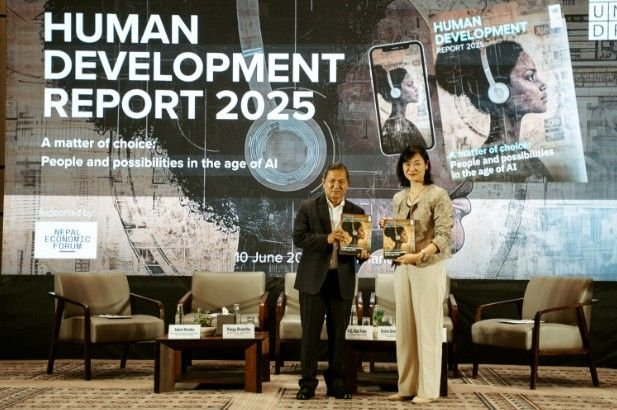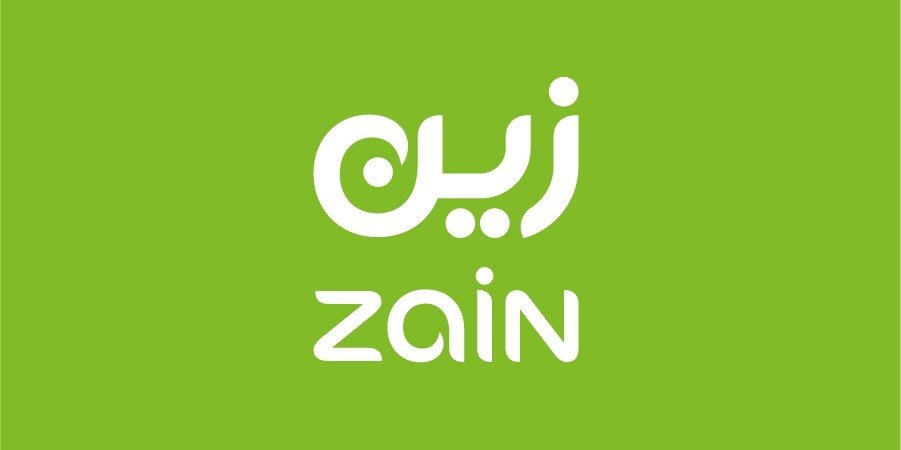KATHMANDU — UNDP Nepal, in collaboration with Nepal Economic Forum, unveiled the 2025 Human Development Report (HDR) titled “A Matter of Choice: People and Possibilities in the Age of Artificial Intelligence” at a high-level event in Kathmandu. The launch featured a panel discussion, “Making AI Work for Nepal,” gathering government officials, policymakers, academia, private sector leaders, civil society, media, youth, and students.
The report highlights that global human development progress has slowed to its lowest level in 35 years, widening disparities between wealthy and poorer nations. It underscores AI as a powerful but dual-edged tool, urging inclusive, resilient, and human-centered deployment.
UNDP Resident Representative Ms. Kyoko Yokosuka emphasized Nepal’s challenge to harness digital transformation and AI not just for innovation, but to deepen human development and leave no one behind. Minister Prithvi Subba Gurung detailed Nepal’s AI Vision prioritizing inclusion, empowerment, and people-centric governance. UNDP’s Alexandru Oprunenco noted Nepal’s steady progress in human development but highlighted ongoing challenges like low incomes and persistent gender inequality.
Panelists discussed digital transformation’s role in fostering inclusive growth, strengthening citizen-focused governance, and ensuring equitable AI access nationwide. Joint Secretary Adesh Khadka shared how the Ministry of Communication and Information Technology (MoCIT) leads AI policy development, integrating AI into key sectors to create jobs. Industry leader Parag Shrestha pointed to Nepal’s talent and infrastructure as foundations for a globally competitive AI industry, urging investment and collaboration.
UK Ambassador Rob Fenn cautioned about risks of misinformation and social division, stressing the need for digital literacy and AI readiness. Federation of Computer Association of Nepal President Sunaina Ghimire Pandey called for AI’s inclusivity, accessibility, and trustworthiness, emphasizing support for women, students, and marginalized communities.
Moderator Sujeev Shakya underscored the urgency of stakeholder collaboration to shape Nepal’s digital future. Closing remarks by MoCIT Secretary Radhika Aryal recognized technology adoption progress but warned of unequal benefits, highlighting AI’s potential to drive inclusive outcomes.
As Nepal advances digital infrastructure and innovation, the event set the stage for a shared vision of equitable, human-centered AI that empowers all citizens. UNDP Nepal reaffirmed its commitment to partner with national stakeholders in ensuring AI serves as a bridge to opportunity.















